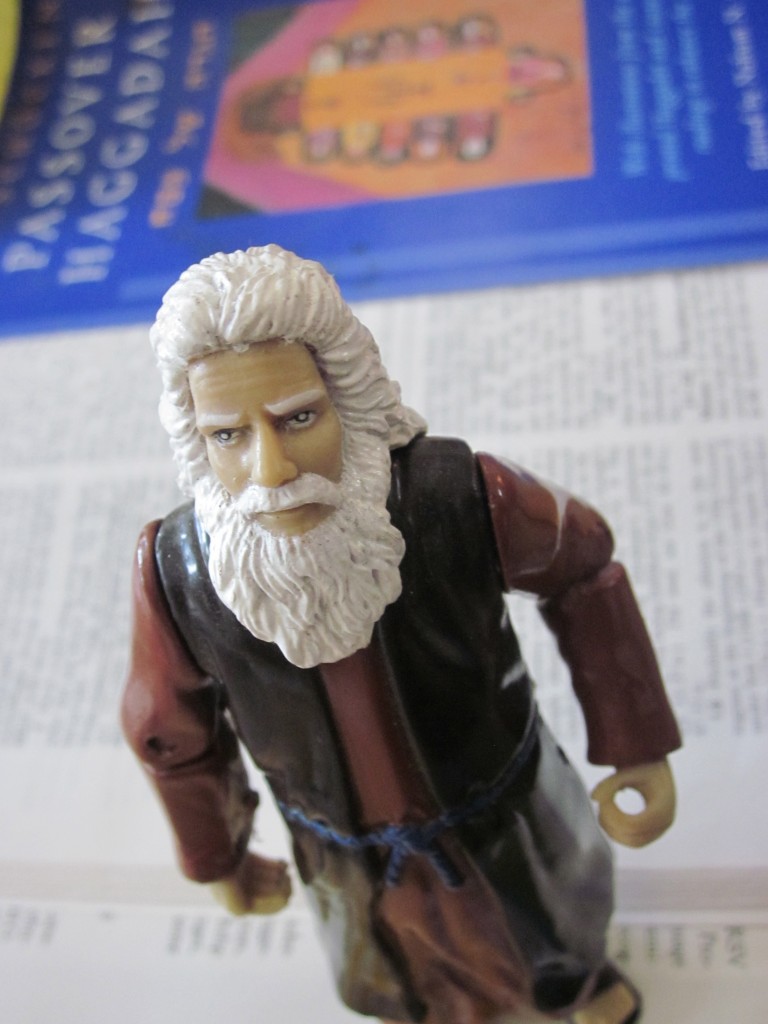Author Archives: Merissa Nathan Gerson
May 16, 2011 by Merissa Nathan Gerson
I Was In Love With A Medicine Worker
 I was in love with a medicine worker. We sat in the mountains at an outdoor café towards the end of my four-month trip to South Africa. We were sealed at that point, two hearts attempting to find a way to gracefully detach. During our meal a station wagon drove up and my mentor got out. I excused myself from my lover and took to my mentor, hugging and greeting him with great joy. This man had coached me in how to ingest South Africa, how to digest Apartheid, on how to determine the nutritional value therein.
I was in love with a medicine worker. We sat in the mountains at an outdoor café towards the end of my four-month trip to South Africa. We were sealed at that point, two hearts attempting to find a way to gracefully detach. During our meal a station wagon drove up and my mentor got out. I excused myself from my lover and took to my mentor, hugging and greeting him with great joy. This man had coached me in how to ingest South Africa, how to digest Apartheid, on how to determine the nutritional value therein.
I was an activist studying in Cape Town. The more I learned of multiculturalism and social change, as was the goal of my time there, the more my head split and my heart opened and my previous activism platforms felt hollow. This mentor sat with me on the fenced-in porch of a township community center as I cried, “How do you keep going?” The whole weekend we learned about keeping hope alive despite Cape Town’s secret underbelly, the unmarked graves, a city “drenched and built on blood.”
We visited the sites of massacre and of rebellion, a tour of history off the books. And we ended up behind a barbed wire fence for a Rosh Hashanah gathering, challahs hand-braided in Langa, song and prayer with a diverse group including former revolutionaries largely responsible, depending on whom you asked, for the fall of Apartheid. So when months later I saw this man who, despite his own wounds, like hating the one blonde girl in our group because “her eyes reminded him of his former jail guard,” I was overwhelmed and excited.
Everyone in Cape Town holds a story, and more than one story contradicts. I hugged my mentor goodbye and watched him get back into the car, the backseat of a Volvo, cap pulled down covering his eyes, as his wife drove him away. To me, an American thirsty to learn and know any history beyond my own, thirsty to rub up against the most prickly of South African history, to me, my mentor was a hero.
I walked back to my friend and he looked at me as if he had seen a ghost. “Why are you talking to that man?” He asked. “Do you know who that is?” (more…)
- 3 Comments
May 4, 2011 by Merissa Nathan Gerson
Becoming a Man in my Family
 In a hot tub in California I met my cousin Ruthie for the first time. I had known her my entire life, but never like I did in our bathing suits, in the steam, family ditched poolside. We were there for our cousin Mara’s Bat Mitzvah, the whole family, gathered exiles from New Jersey, Florida, Connecticut, Washington, DC, Italy, Argentina and California.
In a hot tub in California I met my cousin Ruthie for the first time. I had known her my entire life, but never like I did in our bathing suits, in the steam, family ditched poolside. We were there for our cousin Mara’s Bat Mitzvah, the whole family, gathered exiles from New Jersey, Florida, Connecticut, Washington, DC, Italy, Argentina and California.
Family time, back in the day, was always the same. There were the men–and then there was everyone else. As I got older, particularly when I became a Women’s Studies major, the Gerson boys’ club became the bane of my Jewish existence.
Why? Because within my home growing up in Washington, DC, my voice was honored as equal to my father’s. At Shabbat dinners my father would invite political powerhouses, writers and rabbis to the table and I was not only given permission, but pushed and encouraged to represent my own views in well-articulated arguments. I was asked to tell about Job and his struggles with G-d, or my views on Arabs and Israelis or social ethics or international politics. I was encouraged to see myself as one of the boys, as a man really.
Except at larger family gatherings.
This was when the old country came in. From Poland to New York, all those tough male cousins who got in street fights and needed my father, the biggest of all of them, to intervene. No matter how evolved or covertly feminist my immediate family had become, in my Jewish post-Polish extended family I became a mere “girl,” and an invisible wall formed. I remember one cousin addressing my brother, both of them Columbia alums. My brother got stories on how to put wine on the heater to get drunk off of alcohol air, or even was asked to engage on topics of religious morality. If I tried to enter the conversation, it was clear it would require something of a third ear. Akin to using auditory blinders, a filter was activated to blot out the female voice when more than one male engaged in conversation. (more…)
- 2 Comments
 Please wait...
Please wait...